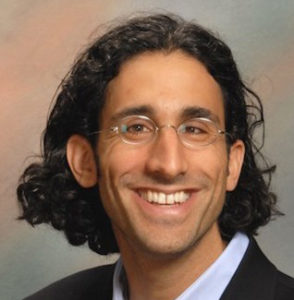Russia’s Constitutionalized Civilizational Identity and the Moscow Patriarchate’s War on Ukraine

Robert C. Blitt is the Toms Foundation Distinguished Professor of Law, University of Tennessee College of Law.
Russia’s 2020 constitutional amendments signaled another ominous chapter in the Kremlin’s hardening “autocratic legalism.” Among the many notable changes introduced, the amendments incorporated as legal norms of the highest order a potent mix of sovereignty and civilization-boosting provisions. Today, these provisions lie at the crux of Putin’s dubious justifications for war in Ukraine. Along with President Putin, the Moscow Patriarchate has unflinchingly reaffirmed these justifications to support a vision of Russian civilization that preserves Russia’s (and the Church’s) status and influence over religion and politics in the post-Soviet “near abroad” and on the global stage.


